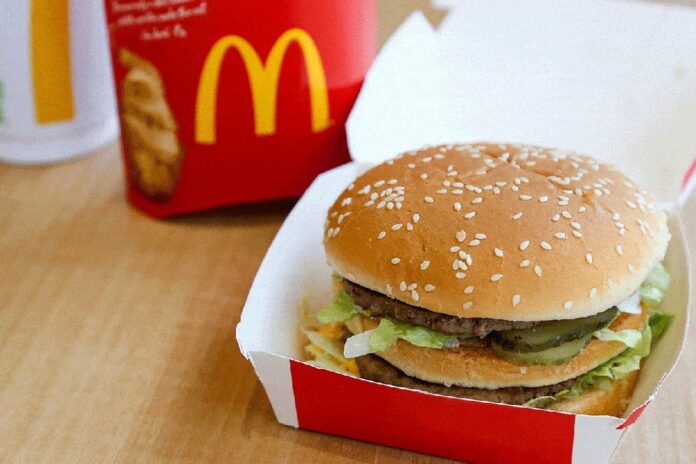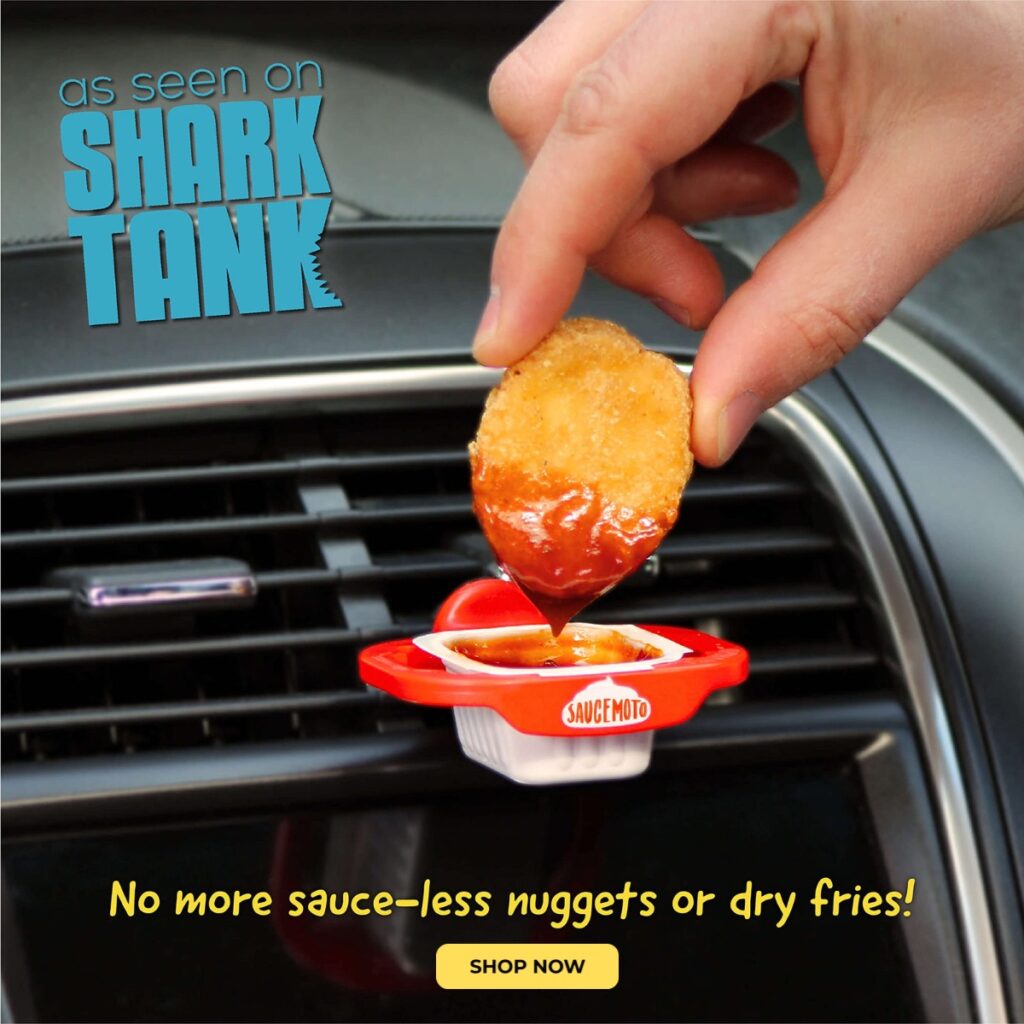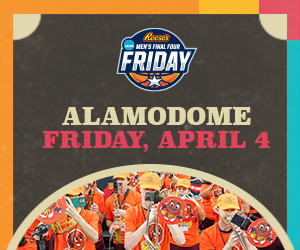After 33 Long Years, McDonald’s Just Got Some Heartbreaking News
A long time ago, at the height of the Cold War, when the Summer Olympics were held in Montreal, the head of McDonald’s Canada — a man named George Cohon — had a chance to form a relationship with some of the Soviet officials who were there for the games.
Over more than a decade, Cohon leveraged the Soviet network he’d built. He pushed, and pushed, and pushed, until McDonald’s succeeded in opening a restaurant in the heart of Red Square — its largest restaurant in the world at the time, in fact — in 1990.
In case you weren’t born yet, or at least not following the news back then, please allow me to try to find the words to describe how and why this was so momentous.
- If you went through basic training in the U.S. military around this time, I can almost guarantee that your sergeants told you that you were training to go and fight “Ivan.” On the rifle range, as I personally experienced a few years later, the targets were silhouettes of men with Soviet-style helmets, maybe even a hammer-and-sickle insignia. We weren’t subtle about how we expected this to play out.
- Yet, the Cold War was thawing. The Berlin Wall had just come down. Westerners and Soviets who had spent the previous half-century being told they’d probably eventually fight each other in a massive, nuclear-armed war to decide the fate of the world were suddenly meeting across cultures and even traveling to visit one another.
- Symbolically, in Moscow, people were eating Big Macs. Sure, a hamburger cost about the same as a Soviet worker’s daily income; and the line to get in could stretch for hours. But McDonald’s in Moscow was a massive success.
It was an inspiring time. It meant a lot that McDonald’s was there. And now, it’s all gone.
Last year, after the Russian invasion of Ukraine, McDonald’s joined the stampede of Western countries leaving the country. It was the right thing to do, but it was also heartbreaking for anyone who paid attention to this back then, and realized what it meant for our former progress now.
And while some might have hoped against hope that peace would come quickly, and that as an indirect result, Western companies might return to Russia, the news that McDonald’s and other American firms have heard recently suggests that’s now highly unlikely.
- In general, Russia now requires foreign firms to sell their Russian assets at a 50 percent discount if they leave the country, Reuters reported, adding that most big companies have already left, but the rules for exiting are “even harder to navigate for those remaining.”
- Earlier this month, the Russian news organization TASS interviewed restauranteur Anton Pinskiy, who paid a grand total of 500 rubles — the equivalent of about $6 milllion — for the assets of Starbucks in Russia. He and a business partner relaunched as “Stars Coffee,” with a logo that looks pretty darn familiar.
- And in the case of McDonald’s specifically, its Russian replacement is called Vkusno & tochka, which apparently translates to, “Tasty & that’s it.” There’s even a sandwich called the Big Hit, which is supposed to replace the Big Mac.
In theory, McDonald’s could buy back its assets within 15 years under the terms of its agreement, but the people at Vkusno & tochka sound confident they don’t think that will happen.
“We’re here for the long haul,” the Russian entrepreneur who bought McDonald’s assets in Russia said at an event earlier this month, adding that Vkusno & tochka serves two million people each day and hopes to have 900 restaurants by the end of the year.
They’ve sold 24 million Big Hits, CEO Oleg Paroev said.
Look, this isn’t the first time I’ve waxed poetic about the demise of McDonald’s in Russia. Certainly, it pales in comparison to other post-Ukraine-invasion developments, like the arrest of Wall Street Journal reporter Evan Gershkovich, but it’s symbolically important.
Once upon a time, McDonald’s workers were like the “green berets of Russian capitalism, standing on the front lines of the war for economic freedom,” as House majority leader Richard Gephardt once put it.
Now, they’re an artifact of history, and a reminder to anyone building a business that it can grow far beyond what you originally intended.
But, it can also be lost, more quickly than you might imagine. And when it happens, it can break your heart.










